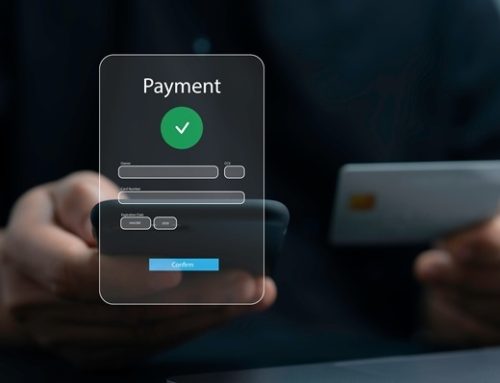Property deals are typically associated with straightforward bank transfers, but the UK property market has seen its fair share of unusual payment methods. Though rare and often requiring bespoke agreements between buyer and seller, these alternative transactions add an intriguing layer to the world of real estate.
When Bitcoin first launched in 2009, it was met with both fascination and scepticism. Since then, cryptocurrency has matured into a potential powerhouse asset class. With over 40% of American adults now owning some form of crypto, and the UK often mirroring US financial trends, digital currencies are gaining traction on this side of the Atlantic as well.
The growing adoption of cryptocurrencies by major players like PayPal and Visa is accelerating their legitimacy. Even traditional banks are investing in digital assets, signalling growing institutional trust. As a result, the legal sector must become increasingly adept at recognising and evaluating funds originating from cryptocurrency and other digital sources. As crypto cements its place in mainstream finance, legal professionals must adapt by embracing this shift while maintaining strong risk management frameworks.
Staying updated in this fast-moving space isn’t easy. The Law Commission is working intensively to develop a clear and consistent legal framework for digital assets, offering much-needed guidance and certainty to users and stakeholders. You can follow their latest updates here: Digital assets – Law Commission
Here are some of the more unconventional forms of payment legal professionals have encountered in property transactions:
- Bullion
Gold or silver bullion – whether in bars, coins, or ingots – has long been considered a tangible, reliable store of value. Its use in property deals is based on its weight and market value at the time of transaction. - Precious Stones
Diamonds, rubies, sapphires, and other gems can be used as payment—assuming both parties agree on their appraised value. - Art and Antiques
High-value artwork and antiques have occasionally been accepted in lieu of cash, provided they come with verifiable authenticity and provenance. - Luxury Items
Items like luxury watches, cars, and even yachts have been used in property transactions, although they require specialist valuation. - Cryptocurrency
As a modern, digital alternative to fiat currency, cryptocurrency has already featured in some property deals. Its use reflects the shifting definition of wealth in a digital age. - Stocks and Bonds
While more traditional in financial markets, stocks and bonds are still unconventional in property deals. Their fluctuating value demands cautious legal and financial analysis. - Intellectual Property
Rare but notable, intellectual property – such as patents, copyrights, or royalty streams – can also be used as leverage in property deals. This highlights the evolving understanding of what constitutes a valuable asset.
While far from standard practice, these alternative payment methods demonstrate the creativity and adaptability found in modern property transactions. However, they also require meticulous legal oversight and must adhere to stringent anti-money laundering laws.
As Agatha Christie wisely wrote in the pre-digital era, “Where large sums of money are concerned, it is advisable to trust nobody.” No doubt even Hercule Poirot would find today’s conveyancing challenges a real test of detective work and diligence.



